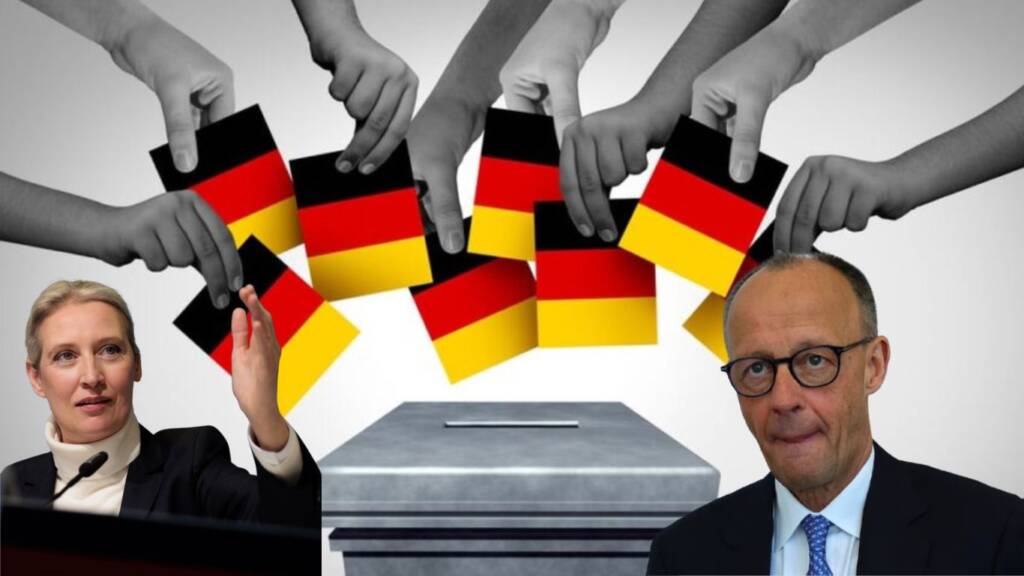On Tuesday (May 6), in a surprise event at the German Parliament, Friedrich Merz failed to win the majority vote in the German parliament to become the country’s chancellor. This is the first time in German history that a leader of the victorious coalition has failed to win a majority to become chancellor in the first attempt.
Merz is a leader of the Christian Democratic Union (CDU). The CDU entered into a coalition with the Social Democratic Party (SDP) in the recent election that happened in February in Germany. The alliance was set to claim the chancellorship by winning 338 seats out of 630 together, which is above the majority mark of 316.
Despite crossing the majority line together, the alliance failed to garner 316 votes in favour of Merz. The alliance is only able to manage 310 votes in favour, which means 18 members of the coalition voted against Merz. The SDP, ajunior partner in the coalition, said the fault did not lie with it as all of its members voted with the party line.
Options Available
According to the German constitution, the parliamentary vote will now go into a second vote. That margin is so small,it’s likely to be overturned when lawmakers get their next opportunity to vote. The law says the parliament has 14 days to hold a second vote. Media reported that the second round of voting is unlikely to be held today.
Let’s suppose the second round also fails to produce a winner; the voting will enter into a third round. In this round, whoever receives the most votes —irrespective of whether they have attained a parliamentary majority— will be elected chancellor, according to the German chancellery’s website.
The option available is that if the third round of the vote fails to bring a chancellor, the German president will also have the option of dissolving the parliament and calling for fresh elections. However, President Frank-Walter Steinmeier is unlikely to call for fresh elections as he belongs to Merz’s coalition partner SDP. Knowing the German political scenario, where the far-right Alternative for Germany (AfD) gained popularity after the election, according to some surveys, it is unlikely that the president will call for a fresh election.
A shot in the arm for AfD amid Domestic Intelligence classified AfD as a “confirmed right-wing extremist.”
Merz’s failure is set to be a shot in the arm for AfD. The party does not just have considerable support in Germany but also has the endorsement of the Donald Trump administration of the United States, which has gone to the length of sparring with the German government to champion the cause of AfD.
However, Germany’s domestic intelligence agency, the BfV (German: Bundesamt für Verfassungsschutz), has officially classified the entire Alternative for Germany (AfD) party as a “confirmed right-wing extremist“ group. This recent upheaval in the social and political sphere of Germany may benefit AfD on the ground.
Also Read: Germany labels AfD as ‘Right-Wing Extremist’ party, German politics in complete turmoil
Merz should now step aside and has called for fresh elections, said AfD leader Alice Weidel.
“As the AfD, we set out to turn this country from its head back onto its feet. We are ready to take on government responsibility. And we call for reason to prevail. Mr Merz should resign immediately. The path should be opened for new elections in our country!“ said Weidel.
The upcoming days will be important for the future political trajectory of Germany, which has to wait and watch.
